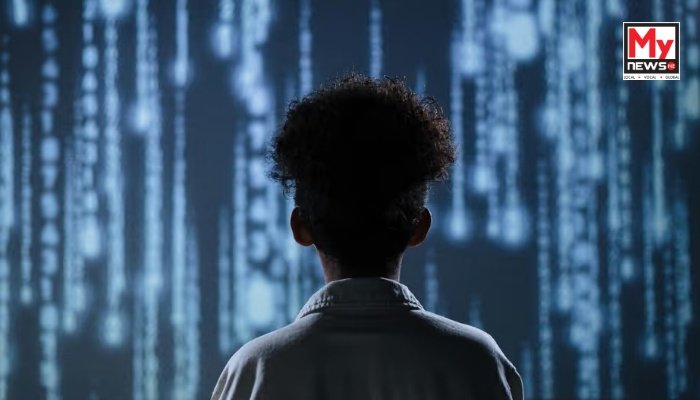Nagaland University Researchers Develop Revolutionary Educational Technology
Kohima: A team of researchers at Nagaland University has developed an innovative educational technology that promises to transform personalised learning experiences for students.
The “Flexible Learning System” (FLS) creates customised learning content based on individual student needs, revolutionising the way students learn.
The research team, led by Er Ramesh Singh, Er Chenlep Yakha Konyak, and Er Akangjungshi Longkumer from the Department of Computer Science and Engineering, has successfully integrated Multi-Access Edge Computing (MEC) with Intelligent Tutoring Systems.
This integration enables real-time adaptive learning, allowing students to receive tailored learning experiences.
According to Konyak, the research team identified a significant gap in Intelligent Tutoring Systems, particularly the lack of real-time adaptive learning features.
This deficiency limited the ability of these systems to provide personalised learning experiences tailored to individual learners’ needs.
Field trials conducted at the university’s School of Engineering & Technology demonstrated a remarkable 94% reduction in task processing time. This enables real-time responses that significantly enhance the learning experience.
The system categorises both learners and content automatically, allowing students to progress through courses with ease, moderate, or advanced material based on their capabilities.
The FLS also identifies areas where students are struggling and provides targeted assistance. “Unlike existing ITS tools, our research emphasises the use of Multi-access Edge Computing to optimise network bandwidth and processing tasks efficiently,” explained Singh. “The FLS not only categorises learners and content automatically but also allows for enhanced interaction between learners and instructors.”
Nagaland University Vice-Chancellor Prof Jagadish K Patnaik praised the innovation, stating that the proposed system will help learners pass courses with content adjusted to their level. It will also guide learners where they are not performing up to the mark.
Future plans for the system include Internet of Things (IoT) integration to generate deeper insights into learning needs, immersive learning through augmented and virtual reality, and optimisation for ultra-low power consumption. “The implementation of this solution has the potential to revolutionise educational practices by providing tailored learning experiences that can significantly improve student engagement and outcomes,” said Longkumer.
Read More: Assam: Labourer Electrocuted While Installing Advertisement Hoarding in Dhubri

